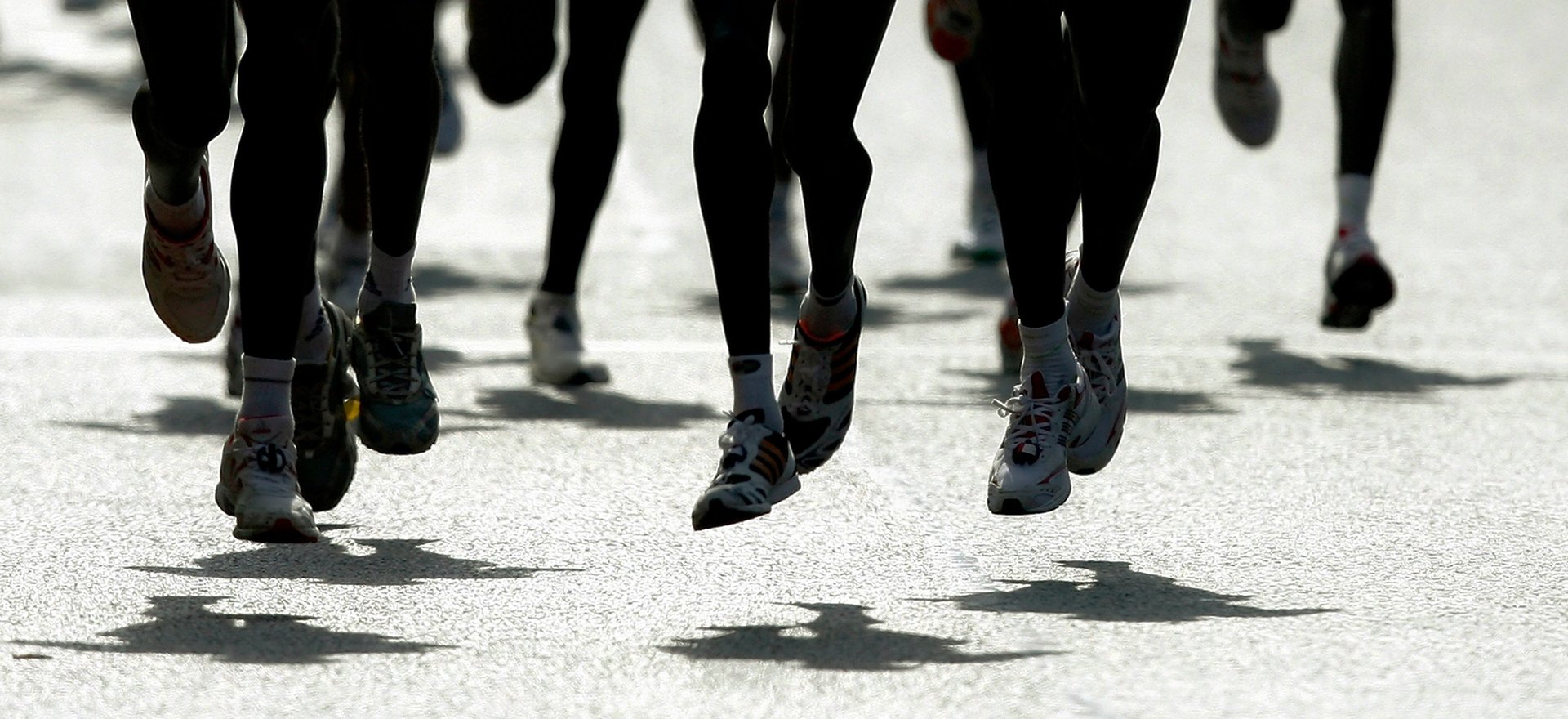A millennia-old mental solution to improve athletic performance
If you’re on a losing streak in tennis or your marathon time just won’t come down, you might need to give your body a break and start training your mind.


If you’re on a losing streak in tennis or your marathon time just won’t come down, you might need to give your body a break and start training your mind.
A study of how mindfulness training affects the brains of professional BMX riders suggests that the meditative technique, derived from 2,500-year-old Buddhist practices, could improve athletes’ performance.
The research, published in Frontiers in Behavioral Neuroscience on Aug. 27, used brain-scanning machines to monitor riders’ neurological reactions to stressful situations. The athletes then had seven weeks of mindfulness training, and had their mental reactions scanned again.
Lori Haase, an assistant clinical professor of psychiatry who led the new study, told the New York Times that the scientists called the meditative work “tactical training,” because the athletes “rolled their eyes if we called it mindfulness.”
Athletes were taught to concentrate on their bodies, paying attention to sensations in every limb and organ. They also learned to focus during stressful physical sensations, such as when their hands were immersed in ice water or when their breathing was restricted.
After the training, brain-scanners seemed to show that subjects had greater awareness of impending stress, but less panic: Activity increased in the brain area linked to attention, task anticipation, and impulse control, while communication lessened between that area and another part of the brain which controls sudden physical reactions.
Increased control over your body’s reaction to stressful situations—such as the match point of a game, or while waiting at the starting line—could come in useful for serious athletes.
This is still theoretical, Dr Haase told the New York Times, as the experiment didn’t focus on athletic performance. But for anyone who feels that their mind is letting their body down, Dr Hasse and her colleagues have decided to put their theory into practice. A mental-emotional training program, based on research with the BMX riders, is now available at UC San Diego. If you feel yourself flinching at the starting line, it may be time to get your mind in shape.